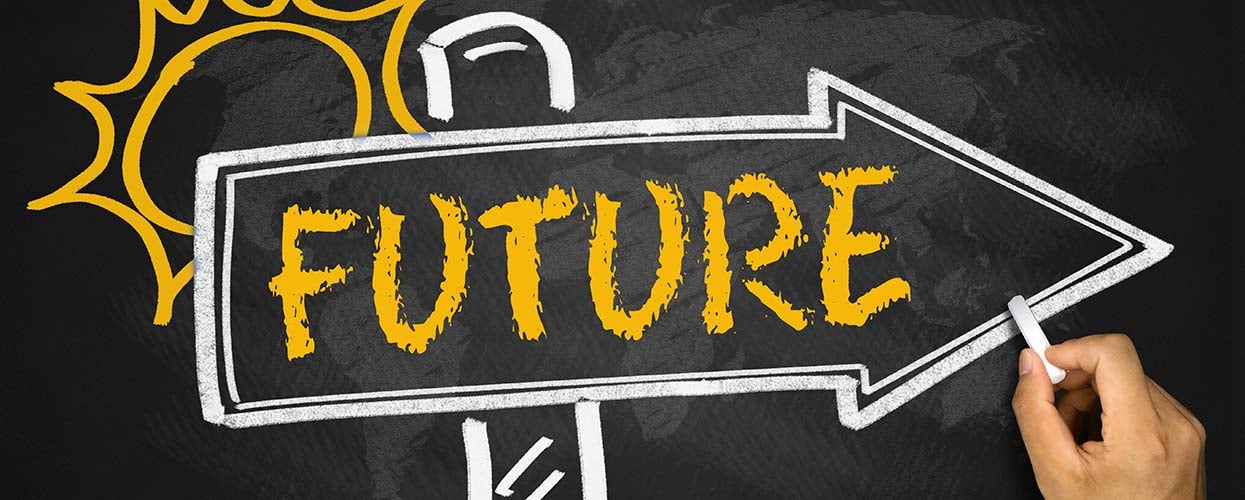FIND YOUR NEW HOME
Things You Shouldn’t Do When Buying a Home
With a never ending list of everything you ‘should do’ when purchasing a home, it seems counterproductive to focus on what you should not do. But being aware of the dont’s is just as important as the do’s, when it comes to making the biggest financial investment of your life. And knowing what not to
Should I Rent or Buy a Home?
Purchasing a home will inevitably be the biggest financial discussion of your life. And the decision as to whether it is the right time to purchase a home depends on a number of factors. And it is not just your finances. Although your finances are important, other things you should consider before p
Why It’s Important To Work With A Realtor
When purchasing or selling a property, it is always a good idea to work with a professional, especially when it comes to the largest financial asset you own. Realtors can do everything from getting you the best price, showing you the most amount of homes, educating you on the marketing and informing

Edy Embry
Phone:+1(512) 789-6760
Leave a Message
Keep up with Austin-nomics.




